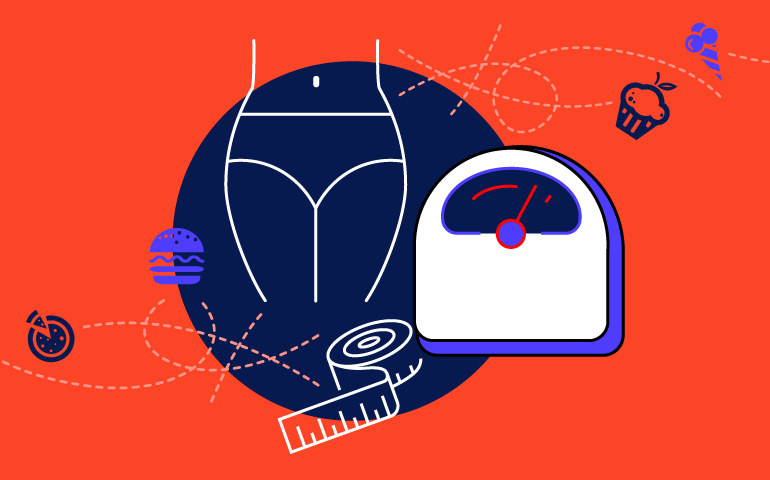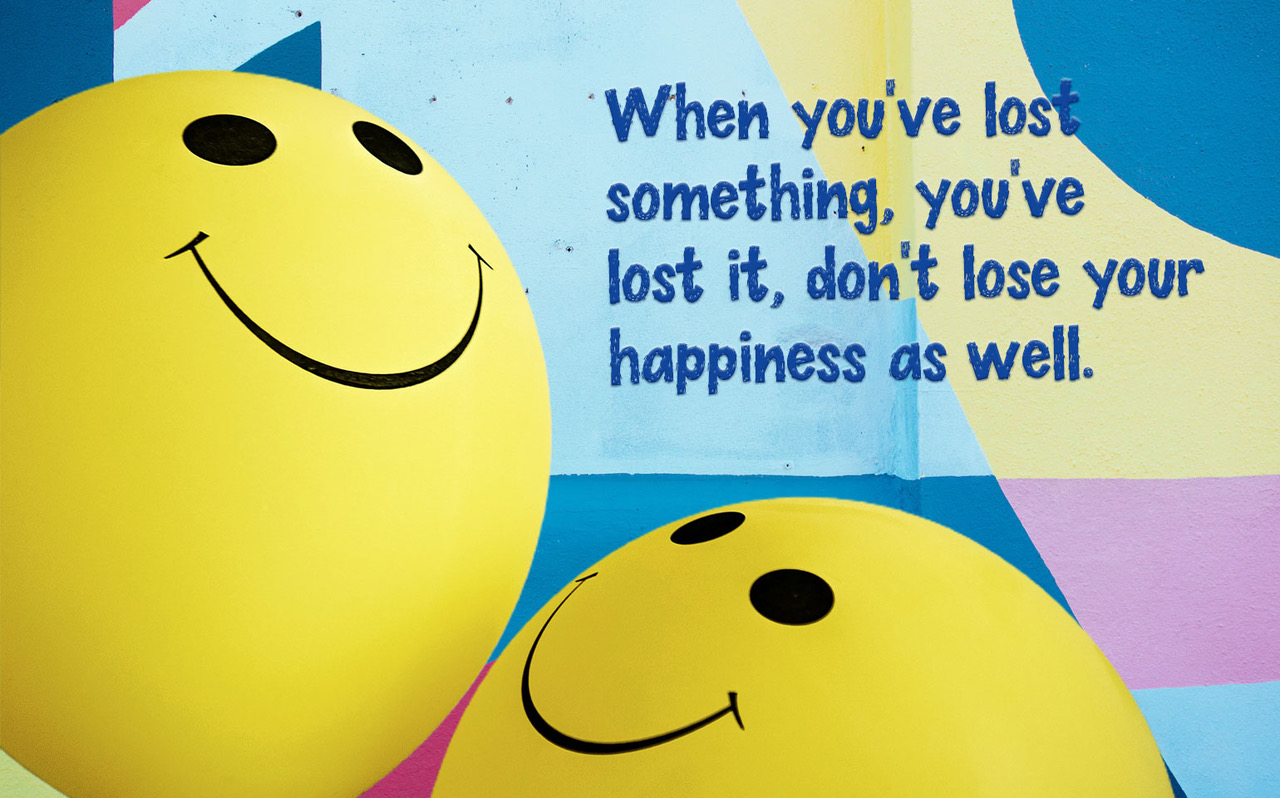
The Number on the Scale
Trigger Warning: This blog post deals with eating disorders.
Growing up as a competitive dancer, there was always a stereotypical figure that ballerinas needed to possess: a slim, small, and flexible body. At the age of 9, I became concerned with the way my body looked in comparison to the other dancers in my class, so I felt insecure. I thought I wasn’t thin enough and not being so would affect my ability to do what I love—dance. This led me into the destructive habit of body checking.
I started small, unaware of what I was doing. It started by finishing less of my food and exercising a little more. I lost a little bit of weight around my stomach and legs. Even after checking my mass on my scale and seeing a decrease, I was not happy with the number I saw. As it plummeted more and more, I ate less and less, vigorously exercised in secret, and tracked calories to the extent where I memorized the nutritional facts of strawberries.
My self-esteem kept dropping, and the only way to momentarily stop it was to see my unhealthy weight loss as an accomplishment. At this point, I was not concerned about anything but avoiding food to any extent.
After several months, my parents became very concerned as I did not have the energy for anything, my bones became brittle, I felt sick after eating something small, and I was severely underweight. I was brought to the doctor’s office for an appointment, and after she saw my heart rate graph, I was immediately rushed to the emergency room. It turns out my heart was beating with difficulty because it was too small and weak. As I was transferred to the eating disorder ward to jumpstart my eating patterns and heartbeat, I was diagnosed with anorexia nervosa. I stayed in the hospital for two weeks. Every day was identical: I took medicine and weighed in the morning, cords and wires replaced in the afternoon, no physical activity, and supervised meals required to be finished, or it was inserted via a nose tube. During the visit, it was forbidden to see how much I weighed or how I looked in the mirror. This meant I had no motivation to compete with my past self, and slowly but surely, I began to recover.
The hospital visit was not the end of the fight, it was only the beginning of my journey to recovery. I attended weekly appointments with several doctors, who eventually helped me overcome the fear of gaining weight and my “fear foods” (the calorie-dense ingredients I was afraid of). There were tons of challenges along the journey to recovery, such as two relapses and hospital visits, family issues, and a standstill on my education and social life. No one should ever go through what I went through. On the other hand, I learned a crucial lesson during the battle with my eating disorder: the number on the scale does not define you. Please remember, it is just a number, not a measure of your worth.



